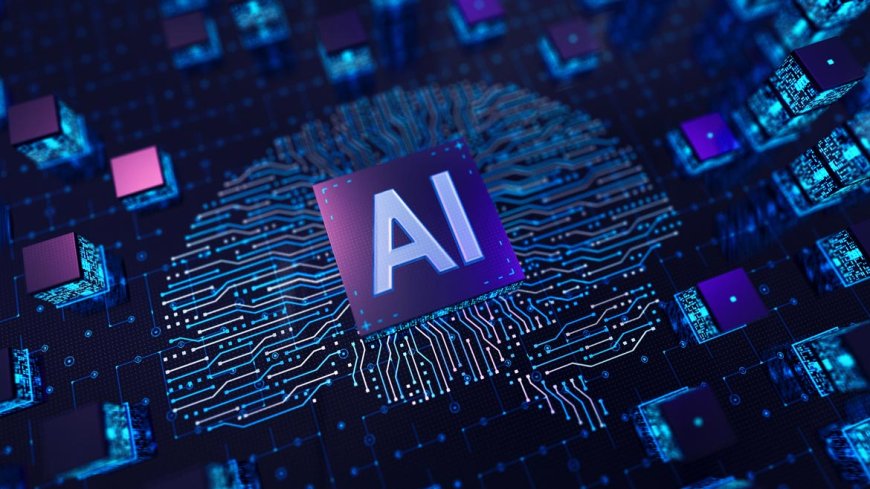Exploring the Potential of AI: Examining the Opportunities and Challenges Ahead

The future of artificial intelligence (AI) is both exciting and challenging, presenting numerous opportunities and potential pitfalls. Here are some of the key aspects to consider:
1. Automation and Efficiency: AI has the potential to automate various tasks and processes, leading to increased efficiency and productivity. This can enhance industries such as manufacturing, healthcare, finance, and transportation. AI-powered systems can analyze large amounts of data, make decisions, and perform tasks faster and more accurately than humans.
2. Advancements in Machine Learning: Machine learning algorithms are continuously evolving, enabling AI systems to learn from data and improve their performance over time. This has implications for various fields, including personalized medicine, autonomous vehicles, predictive analytics, and natural language processing. The use of deep learning techniques and neural networks is driving significant progress in AI capabilities.
3. Enhanced Customer Experience: AI can provide personalized experiences and recommendations to customers, improving user satisfaction and loyalty. Virtual assistants, chatbots, and recommendation systems can understand and respond to customer needs and preferences in real-time. This can lead to improved customer service and increased revenue for businesses.
4. Ethical and Safety Considerations: As AI becomes more powerful and integrated into various aspects of our lives, ethical considerations become crucial. Issues such as data privacy, algorithmic bias, transparency, and accountability need to be addressed to ensure AI is used in a responsible and fair manner. Additionally, there are concerns about AI systems being hacked or misused, highlighting the importance of robust security measures.
5. Job Displacement and Reskilling: The automation potential of AI raises concerns about job displacement. Some tasks traditionally performed by humans may be taken over by AI systems, leading to changes in the job market. However, AI also has the potential to create new job opportunities and demand for different skill sets. The emphasis should be on retraining and upskilling the workforce to adapt to the changing landscape.
6. Regulation and Policy: As AI continues to advance, there is a need for appropriate regulations and policies to govern its use. This includes ensuring fair competition, safeguarding privacy, preventing misuse, and addressing liability and accountability issues. Governments and international organizations are beginning to develop frameworks and guidelines to steer the responsible development and deployment of AI technologies.
In summary, the future of AI holds immense potential for improving efficiency, enhancing customer experiences, and advancing various industries. However, careful consideration must be given to ethical, safety, and societal implications, as well as the impact on the workforce. Effective regulation, collaboration, and ongoing research and development are key to maximizing the opportunities and addressing the challenges of AI in the future.








